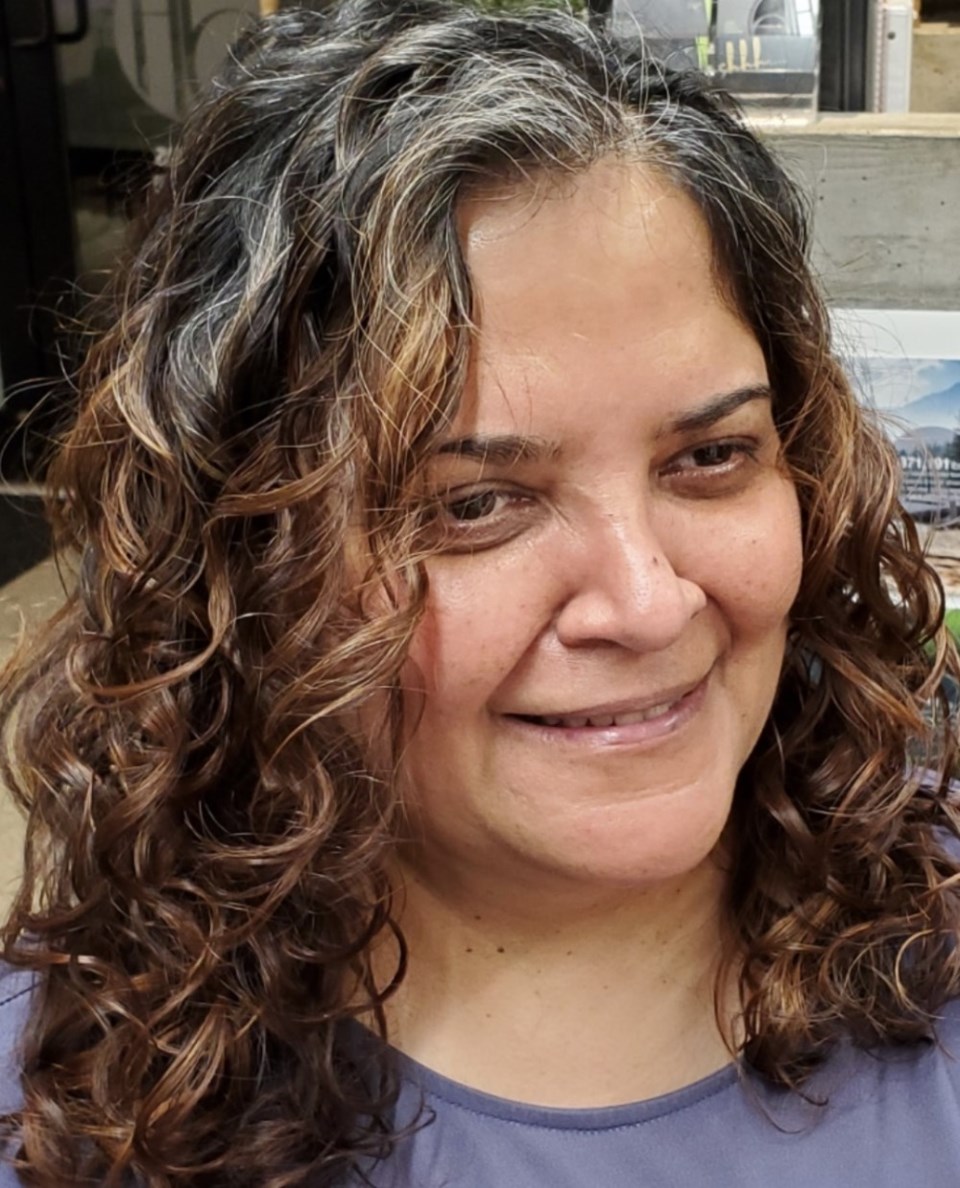In 2022, Dr. Stephen Burge published a book titled (I.B. Taurus) as part of the Institute of Ismaili Studies’ “World of Islam” series of publications. While I have come across many non-Muslim scholars and authors who have written about Islam, I was intrigued by what motivates Burge, an ordained priest at the Church of England, to study Islam. In response to this question, he writes: “Being confronted with the beliefs of others causes us to consider and question our own way of thinking about the world. Indeed, studying Islam has challenged me to think much more deeply about my own beliefs” (p.3). He points to the link between the message of the Quran and the Bible and how understanding the relationship, theology and history of the faiths can foster unity, compassion and openness in a world where inter and intra-religious tensions continue to exist.
As an advocate for pluralism and cultural intelligence (CQ), a tool that can help us manifest the choice we make to embrace diversity (see “Cultural Intelligence Sees Difference as Strength” – June 17, 2023), this page turner helped enhance my CQ in relation to religious contexts. Burge encourages readers (Muslims, readers of other faiths, and readers who profess no faith) to reflect on how religions engage with prophets and prophethood, offering an opportunity to understand similarities and differences between faith groups.
If I were to judge the book by its cover (which CQ cautions us not to do), I would expect it to dive into the life of the Prophet of Islam (peace be upon him). On the contrary, it enlightens us on the concept of prophethood across (the Abrahamic) faith traditions; the prophets’ common message of monotheism, how they have helped communities across time relate to the Divine and to each other and how they have been united in their mission to bring positive change, speaking truth to power in addressing inequalities and injustices in their communities and societies.
Only after providing this foundation does he delve into the mission and legacy of Prophet Muhammad (peace be upon him), all the while highlighting common themes in the Quran and the Bible as they pertain to the prophetic mission. We learn that in the Quran, prophets who not only “bear witness to God and encourage good conduct” (nabi) but also bring scripture are referred to as rasul (messenger). The Prophets Moses, David, Jesus and Muhammad are therefore rasuls, bringing the Torah (referred to as Tawrat, in the Quran), Psalms (Zabur) , Gospel (Injil) and Quran (respectively) to their communities (p. 57). This chronological order of revelation culminates with the Prophet Muhammad being the last of the divinely guided prophets on earth. We further learn about the isra and mi’raj, that Muslims celebrated this month, where Prophet Muhammad embarked on a night journey to the Temple Mount (al-Masjid al-Aqß╣Ż─ü) in Jerusalem and then ascended the heavens, encountering the great prophets of God who came before him along the way (p. 87-99).
A powerful interfaith story involves the early Muslim community in Mecca that needed to be sheltered from persecution for their beliefs. Prophet Muhammad, concerned for the safety of his community, sent them to Abyssinia (present day Ethiopia) to seek shelter in the Christian Kingdom of Maksum. The Abyssinian King welcomed them, and upon learning about Muhammad’s message, agreed to protect them from the hostile Meccan communities. (p. 137). Given that today Islam is the world’s second largest religion in the world (second to Christianity), we can appreciate and be inspired by the significant impact of this early Christian-Muslim interfaith engagement.
Blessed to be a visitor on the traditional territories of the l╔Ök╠ō╩Ę╔Ö┼ŗ╔Ön, Songhees, Esquimalt and W╠▒SÁNE─å peoples, Karima Ramji is an advanced Certified Cultural Intelligence (CQ) Trainer. In addition to her career as a co-operative education professional at the University of Victoria, she provides cultural intelligence assessment and training for organizations wishing to understand the “How” of Diversity, Equity and Inclusion. Learn more at
You can read more articles on our interfaith blog, Spiritually Speaking at /blogs/spiritually-speaking
* This article was published in the print edition of the sa╣·╝╩┤½├Į on Saturday, February 24th 2024



